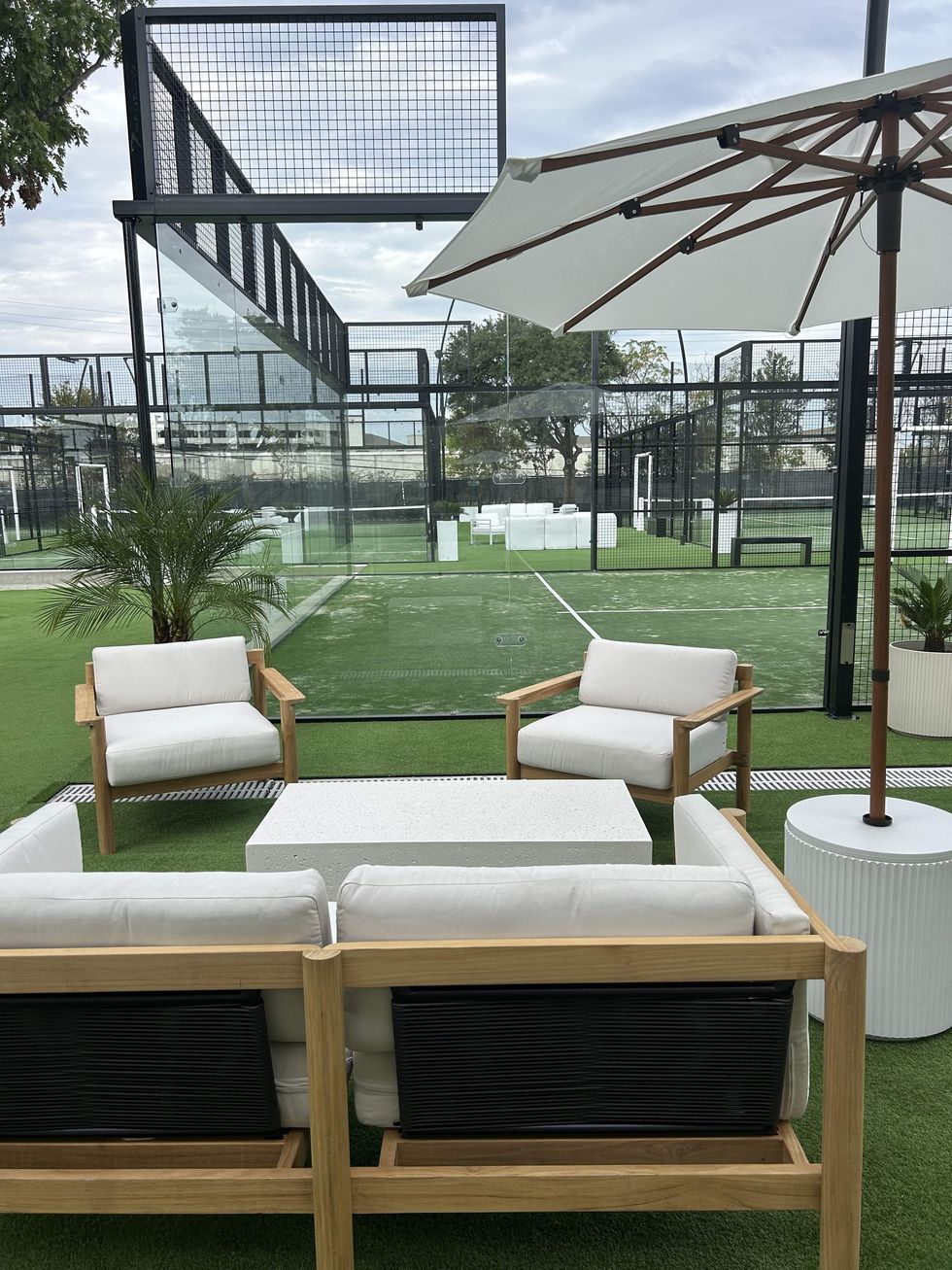The CultureMap Interview
Robert Redford talks politics, fracking and why he still loves making movies
- Robert RedfordPhoto by Krista Loggia
 Redford says one of the movies he most enjoyed filming was Butch Cassidy and theSundance KidWallpapers.Brothersoft.com
Redford says one of the movies he most enjoyed filming was Butch Cassidy and theSundance KidWallpapers.Brothersoft.com Redford in The Candidate, a 1972 film that is still timely.Courtesy photo
Redford in The Candidate, a 1972 film that is still timely.Courtesy photo- Redford speaks at a news conference at the Sundance Film Festival last year.Photo by Jane Howze
 Redford stars in All is Lost, a one-man film with no dialogue that will be shownat the Cannes Film Festival next year.Courtesy photo
Redford stars in All is Lost, a one-man film with no dialogue that will be shownat the Cannes Film Festival next year.Courtesy photo
Important people usually have underlings call up a reporter and then get on the line, so I nearly fell off my chair when I picked up the phone Wednesday afternoon and heard a familiar voice, "Hello, I'm Bob Redford."
You would think a longtime friend was calling — and in a way it was.
The world got to know Robert Redford in a string of classic movies, including Butch Cassidy and The Sundance Kid, The Way We Were, All the President's Men and The Sting, where he filled the screen with humor, grace, an easygoing style and great story-telling.
"I have family history in Texas . . . on my mom's side of the family it goes back to the 1850s. We have a family gravesite there. I used to spend my summers as a kid growing up there. I have an affinity for Texas."
At 76, Redford continues to tell important stories on the screen — he directs and stars in The Company You Keep, a political thriller about a fugitive member of the Weather Underground that will be released in theaters next spring. He also is the guiding force behind the Sundance Film Festival, which he started in Park City, Utah on a shoestring budget in the early 1980s and built into the premier showcase for independent films.
Seeking to replicate the moviegoing experience of his childhood, he founded the Sundance Cinemas theater chain, where no commercials are shown, the seats are comfortable, the popcorn is tasty and theatergoers are urged to hang around afterwards in the lobby and discuss the movie they just saw.
The chain operates in the Lone Star State, among others. But that's not Redford's only tie to Texas. On November 9, Redford received the Houston Cinema Arts Festival Levantine Award for his contributions to film.
"I have family history in Texas, even though it's a little bit north of you in Kyle, Texas, and San Marcos, just below Austin," he says. "On my mom's side of the family it goes back to the 1850s. We have a family gravesite there. I used to spend my summers as a kid growing up there. I have an affinity for Texas."
Undeterred by burglars
Even though it has been a trying day as burglars had broken into his Napa Valley home and were later apprehended, Redford is in no hurry to get our interview over with. He answers every question thoughtfully and is eager to talk about the things the loves — movies, the environment and politics.
Asked about the presidential election, Redford, like a lot of Americans, is glad that it's over.
"I was so sick of it. My wife and I took a drive (on election day) just to get away from the noise. No matter what you felt or whatever you hoped for, the whole thing took over a sick atmosphere where the public was bombarded by ads and the amount of money going into it and the sheer decadence of the process itself.
"Even though I'm a Democrat, my hope for the future of the country is to get over this polarization so we go back to a time when you had enough moderates in each party to work together for the public good," Redford says.
"Even though I'm a Democrat by voting standards, my hope for the future of the country is to get over this polarization so we go back to a time that existed in the late '60s and early '70s when you had enough moderates in each party to work together for the public good, and a lot of great bills were passed. It's become like a war zone. I'm just glad it's over."
An avid environmentalist through his adult life, Redford recently collaborated with the grassroots organization Catskill Citizens for Safe Energy and actress/activist Debra Winger to produce several anti-fracking ads in upstate New York. He's worried that not enough safeguards are in place during the extrication process to prevent groundwater contamination.
He also worries that too little has been been done to combat global warming. It's a subject he tackled 30 years ago, but no one wanted to talk about it back then, either.
"You have to be living in the 1950s to be a denier in my opinion. The evidence is too conclusive. But it's taken too long to sink in that we have a problem. We're almost at the point that it's too late to do anything about it," he says.
So is he at all hopeful that this issue will be addressed in his lifetime?
"I have to be hopeful," he says. "I guess you could say I'm a hopeful pessimist."
Favorite movies
Redford won't pick a favorite movie but says he had the most fun making Butch Cassidy and the Sundance Kid.
"I developed a very strong friendship with Paul Newman; it lasted up until his passing (in 2008). And I got to do things I love to do: I love to ride (horses), I love to do stunts and I love the West," he says.
Redford won't pick a favorite movie but says he had the most fun making Butch Cassidy and the Sundance Kid.
He also enjoyed filming The Natural "because baseball was my sport," and A River Runs Through It, because "fly fishing I love."
I tell Redford that one of my favorite movies of his is The Candidate because it is as timely now as it was when he made it an amazing 40 years ago. (The movie spawned the catch phrase, "What do we do now?")
"The point of The Candidate was in 1970 we were electing people by cosmetics instead of substance," Redford says. "I wanted to make that point in a dark and humorous way. If you look at where we are now, I guess you could say there was something prophetic about it. I didn't know it would carry the weight that it did. I just felt that was what was happening at that time."
Moviegoing as a communal experience
While a lot of people are worried about the decline of the movie business, Redford isn't.
"I firmly believe there will always be a need for people to come together to witness something," he says. "Going back a hundred years, people got together to watch a hanging. People want to gather to watch something together and I believe in that. If you create a good experience for people to watch something and you respect the filmmaker and the audience, they will come."
"I firmly believe there will always be a need for people to come together to witness something."
Even so, he's constantly looking for new avenues to make and showcase films. He started the Sundance Institute in 1978 because with cable TV and the advent of video-on-demand, there were suddenly a lot more outlets for independent films.
In the early years of the Sundance Film Festival, Redford recalls standing in front of the lone theater "like some guy in front of a strip joint hawking people to come inside." Now the Park City environs are jammed every January for the festival as Hollywood power brokers mingle with avid filmgoers in the rush to see the hottest independent films.
With the Sundance Channel and opportunities on the Internet, Redford is venturing into scripted television. He is working on a project, Blood and Thunder, based on a book that centers around the period between the Revolutionary and Civil Wars and Kit Carson's role in conquest of the Navaho tribe.
During much of last year, Redford was making and starring in movies. After finishing The Company You Keep, he immediately started filming All is Lost, an unusual "man vs. the elements" film in which he is the only actor and there is no dialogue. The film, which director J.C. Chandor (Margin Call) wrote especially for Redford, is headed to the Cannes Film Festival next spring.
Redford's schedule would tire someone half his age, but he has no plans to slow down any time soon.
"I don't know what else to do," he says. "I came from a very lower working class background where we didn't have much and I thought I could do whatever I can with my life to do the most with it. And I just keep moving. You do what you know about, you do what you have the passion for and you tell the best story you can in the best way you can and hope for the best."
While he's honored to be coming to Houston for the award, "for me it's really the climb up the mountain that is the most rewarding," he says.
"When you get to the top, it's very rewarding, but somehow it's the effort coming up that's the most exciting. I've always tended to look at awards not as the end game. I'm always flattered and honored to receive them, but it's really about the work."



 Padel39 co-founders Will and Naomi Boyce.Photo by Juan J Valdes
Padel39 co-founders Will and Naomi Boyce.Photo by Juan J Valdes  Padel39 courts and lounge areas at a location in Austin. Photo by Josh Graziadei
Padel39 courts and lounge areas at a location in Austin. Photo by Josh Graziadei